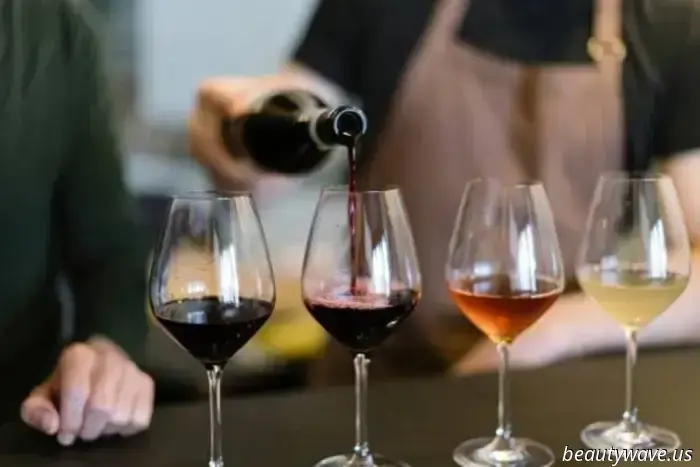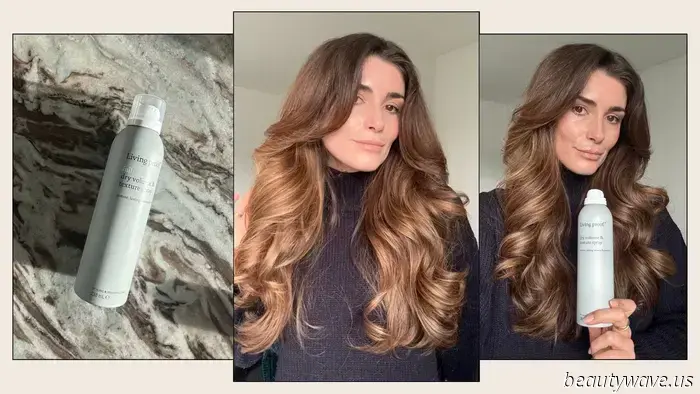
Evgeny Strzhalkovsky on how to recognize a good wine without the help of a sommelier.
Good wine is not a matter of price, complicated processing, or the luck of an especially good harvest. As a rule, winemakers use well-honed techniques so that one batch does not differ greatly from another, which is why many buyers become attached to a particular winery and rarely change. But what if you don't have such a habit? How can you tell whether the wine you're drinking is good?
Experienced winemakers say that a careful look and a couple of sniffs are enough to understand what you have in your glass. Evgeny Strzhalkovsky, owner of the Italian winery Scarpa, explains what those who judge wine by its essence rather than by the label pay attention to. “The first sign of a good wine is a complex aroma,” Strzhalkovsky says. Not one that simply smells of grapes, but a scent in which you can perceive notes of fruit, flowers, vanilla, cocoa, or tobacco. This principle was formulated by French sommeliers in the 19th century, who argued that aroma is the wine’s signature — a trace of its origin and the winemaker’s honesty.
The second indicator of quality, Strzhalkovsky says, is balance. “When sweetness, acidity, and alcohol don’t drown each other out but work together, the wine becomes interesting,” he explains. Classic sommelier schools taught to recognize this balance not by a formula but by a feeling: if after the first sip you want a second, the wine is put together correctly.
The finish is the third criterion valued by professionals. “A good wine’s finish lasts from ten to thirty seconds,” Strzhalkovsky says. In the tasting world there is even a term, caudal — one second of aftertaste. A long finish, he says, indicates that the drink has “held a conversation” with oak, time, and the winemaker.
There are also indirect signs. The cork should not be dry; a dull color can reveal storage problems. “Red wines range in color from ruby to garnet and purple; whites from lemon to golden. If the shade is lifeless and lacks depth, the wine has probably grown tired,” he adds.
Sommeliers pay special attention to clarity. A slight sediment is acceptable only in aged reds, where it testifies to naturalness rather than a defect. Foam in a still wine, by contrast, is a worrying sign — an indicator of uncontrolled fermentation.
Experienced sommeliers, Strzhalkovsky says, always start with context — where the wine was born and how it was stored. “Choose classic regions — Piedmont, Tuscany, Burgundy, Argentina. Reputation here matters more than fashion. Good boutiques don’t just sell wine; they are responsible for its preservation,” he advises.
And perhaps the main rule taught to everyone who makes or tastes wine: don’t look for “the best.” “Good wine reveals itself when paired with the right food. Taste, compare, don’t be afraid to experiment. There is no best wine — there is the one that suits you,” concludes Evgeny Strzhalkovsky.
Altri articoli
 From Shanghai to New York, these are the most opulent fashion boutiques around the globe.
In our 2025 Luxury Issue, fashion connoisseur Angela Baidoo compiles a selection of the globe's most elegant and opulent stores. Continue reading to find out which locations were included.
Behind the Bar: Asia's top mixologists at Hotel Sirru Fen Fushi, November 18–19
From Shanghai to New York, these are the most opulent fashion boutiques around the globe.
In our 2025 Luxury Issue, fashion connoisseur Angela Baidoo compiles a selection of the globe's most elegant and opulent stores. Continue reading to find out which locations were included.
Behind the Bar: Asia's top mixologists at Hotel Sirru Fen Fushi, November 18–19
The five-star resort Sirru Fen Fushi – Private Lagoon Resort, located on a private island amid the crystal-clear waters of the Maldivian Shaviyani Atoll, invites guests to the exclusive event Behind the Bar — a two-day celebration of mixology, where the art of cocktail creation meets inspiration and flavor. On November 18 and 19 the island will be transformed into a stage for three outstanding masters representing bars from the Asia’s 50 Best Bars ranking: The Nutmeg & Clove (Singapore), Bar High Five (Tokyo) and Bar Mood (Taipei). Each evening will be an exciting spectacle in which skill, creativity and the art of mixology come together in a single glass. The Nutmeg & Clove (Singapore) will present Colin Chia — one of the most respected experts in the world of bar culture. More than thirty…
 Believe me, no other hair product delivers volume on this level like this one.
Flat hair? Never heard of it.
Believe me, no other hair product delivers volume on this level like this one.
Flat hair? Never heard of it.
 A full house and ovations after the film — "Sum of the Squares of the Legs", Kita Farhait's directorial debut.
On November 1, the social premiere of Kita Farhait’s youth melodrama "The Sum of the Squares of the Catheti" took place at the Illuzion cinema. The premiere unfolded amid youthful energy and friendly warmth on the red carpet, where many actors, producers and industry representatives gathered and there was genuine interest in the forthcoming film. "The Sum of the Squares of the Catheti" will be released widely on November 13. The film is produced by Producer Center "VGIK-Debut" LLC, and its release to the big screens will be handled by…
A full house and ovations after the film — "Sum of the Squares of the Legs", Kita Farhait's directorial debut.
On November 1, the social premiere of Kita Farhait’s youth melodrama "The Sum of the Squares of the Catheti" took place at the Illuzion cinema. The premiere unfolded amid youthful energy and friendly warmth on the red carpet, where many actors, producers and industry representatives gathered and there was genuine interest in the forthcoming film. "The Sum of the Squares of the Catheti" will be released widely on November 13. The film is produced by Producer Center "VGIK-Debut" LLC, and its release to the big screens will be handled by…
Evgeny Strzhalkovsky on how to recognize a good wine without the help of a sommelier.
Good wine is not a matter of price, intricate processing, or the chance of an unusually good harvest. As a rule, winemakers use tried-and-true methods so that one batch does not differ greatly from another, which is why many buyers become loyal to a particular winery and rarely switch. But what if you don't have such a habit? How can you tell whether the wine you're drinking is good or not?…
